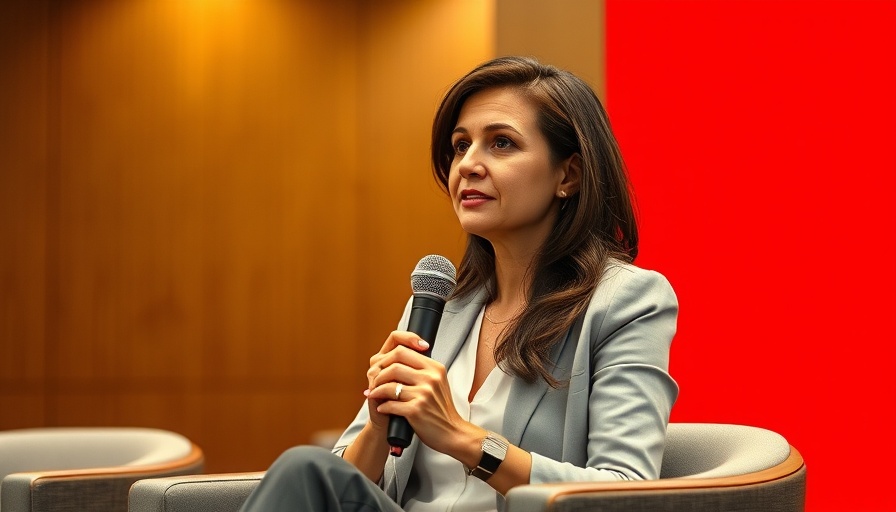
Europe’s Ambitious AI Landscape
In recent months, Europe has been at a crossroads regarding the future of artificial intelligence (AI), with key thought leaders like Sonali De Rycker—an established venture capitalist at Accel—speaking out about the potential that exists on the continent. De Rycker expressed strong optimism about Europe’s resources and capabilities, claiming they possess the complete arsenal needed to thrive: ambition, talent, education, and investment. However, she also sounded the alarm on the growing complexity of regulatory environments that pose significant threats to innovation.
The Weight of Regulation on Innovation
At a recent TechCrunch StrictlyVC evening event in London, De Rycker highlighted the intricacies of Europe’s regulatory framework. While acknowledging the necessity of regulations in sectors like healthcare and finance, she voiced concerns over the proposed AI Act, warning that its stringent measures and hefty fines could stifle innovation just when European startups most need to evolve. “There’s a real opportunity to make sure that we go fast and address what we’re capable of,” she stated, revealing her frustration regarding the regulatory frameworks that might hinder speed and creativity.
The Need for Unity and Simplification
De Rycker shed light on the need for a more unified approach across Europe. She referred to the ambitious “28th regime,” aimed at harmonizing rules across member states, ultimately emphasizing that a cohesive ecosystem could enhance productivity and innovation. De Rycker explained, “If we were truly one region, the power you could unleash would be incredible,” underscoring the multitude of efficiencies that could be gained and the friction eliminated—from diverse labor laws to differing corporate structures.
Shifting Geopolitical Dynamics
The geopolitical landscape further complicates the situation. With diminishing U.S. support for European autonomy, De Rycker sees a critical moment looming for the EU to solidify its capabilities. “Now that Europe is being left to fend [for itself] in multiple ways,” she noted, advocating for increased self-sufficiency and sovereignty. This sentiment resonates deeply within tech circles as many believe that innovation must not only keep pace but lead in the global tech race.
Broader Implications for the Tech Community
The implications of De Rycker's insights extend beyond the immediate tech sector. Business leaders and policymakers must understand that by hindering innovation through heavy regulation, the long-term economic benefits of a thriving AI ecosystem could be jeopardized. In contrast, by providing a framework that encourages exploration, Europe could create a conducive environment for startups to experiment and thrive.
The Call to Action: Embrace Opportunities in Technology
As Europe stands at this pivotal moment for AI, access to technology news and updates is imperative for entrepreneurs and investors alike. Staying informed through reliable sources of tech news can empower decision-making that takes advantage of Europe’s strengths while navigating its challenges. As De Rycker emphasizes, there is an urgent need for innovation in a time where European independence and self-sufficiency are paramount.
In conclusion, understanding the balance between regulation and innovation, along with an appreciation for the broader geopolitical context, is more crucial than ever for those in the tech industry. Embracing these insights can lead to strategic decisions that benefit not just individual businesses but the European tech landscape as a whole.
 Add Row
Add Row  Add
Add 



Write A Comment